Advocating for diversity in the media, bringing photography as a tool for change to communities and mentoring those who have not been heard or are without a platform, femLENS are providing a space for women around the world.
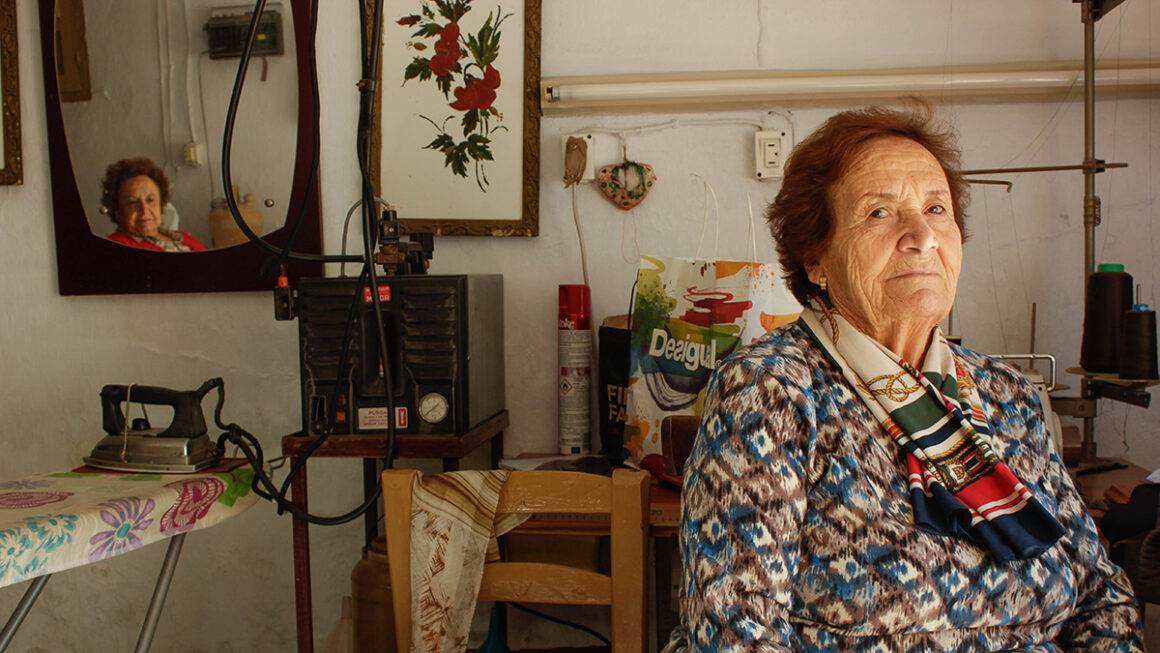
“Women tend to focus on the stories they want to do, and don’t compromise.” – An Interview with femLENS founder, Jekaterina Saveljeva.
Since its inception in 2015, femLENS have been championing digital technologies alongside photography as a force for impact, education and empowerment. With their mission to “give voice to communities through documentary photography by providing visual and technological education to women”, they have already trained over 100 women and girls across 13 countries.
femLENS aids women in their fight for equality and representation by providing free education, exposure and access to a global community all through the medium of photography. With their values deeply rooted in storytelling, they strive to “seek out perspectives of people that we are not immediately aware of” and not solely tell the stories from inside communities but also raise individual voices and the self-confidence of the women they meet and work with. We spoke to their founder, Jekaterina Saveljeva about the evolution of femLENS and their driving motivations behind the dedicated work they do.
For our readers that might not know already – can you tell us a little about the femLENS mission?
femLENS is an Estonian volunteer-run nonprofit association founded in 2015. femLENS provides documentary photography workshops for women and girls from diverse backgrounds. Our goal is to diversify the media and arts, and to bring photography back into communities through workshops, exhibitions, publications and partnerships with different organisations. We don’t work in any one place or with any one specific group of women. Since 2015, we have trained over 100 women and girls from 13 different countries. We also have an online community where we work on online campaigns, create stories and learn from each other. In the past we’ve also organised an online photo festival (all of which can be seen on our YouTube channel) and a photo club which will resume in the spring.
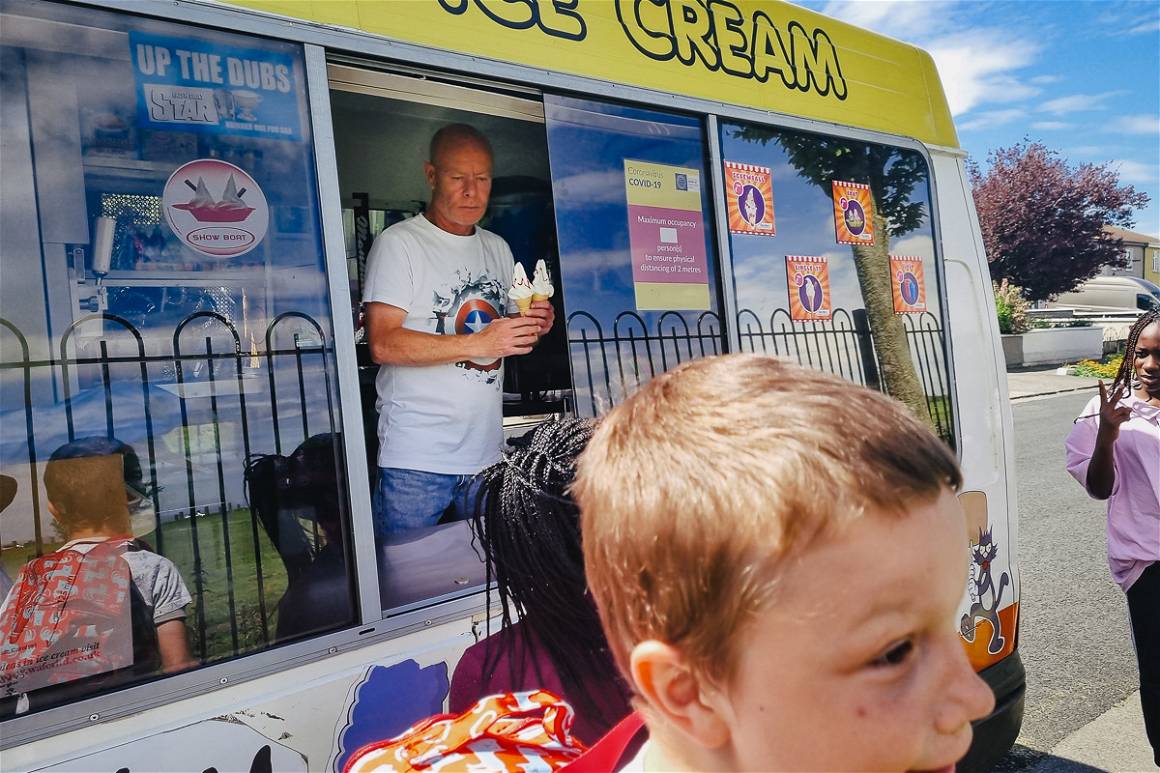
Why/ How does femLENS feel that documentary photography can be harnessed and used as a tool for women empowerment?
Photography today is extremely accessible through mobile phone cameras and the internet. For those who have never had a voice or a platform to speak for themselves, digital technologies have provided that platform. Women are often the ones who are dismissed, whose voices are last to be heard. Focusing on visual storytelling by women we bring back balance to this bias, we help women express themselves and seek out opportunities to show and promote their vision. In the long run, our goal is that encounters with us will inspire women to raise their voices in the future on their own, that they will form their own communities or photo clubs, and will continue to address topics that are important to them. For example, last year we ran a series of workshops with women based in Dublin and Donegal, a very rural part of Ireland. The group became very close and continue to communicate on a daily basis, meeting to take photos and discussing how they could continue their work together.

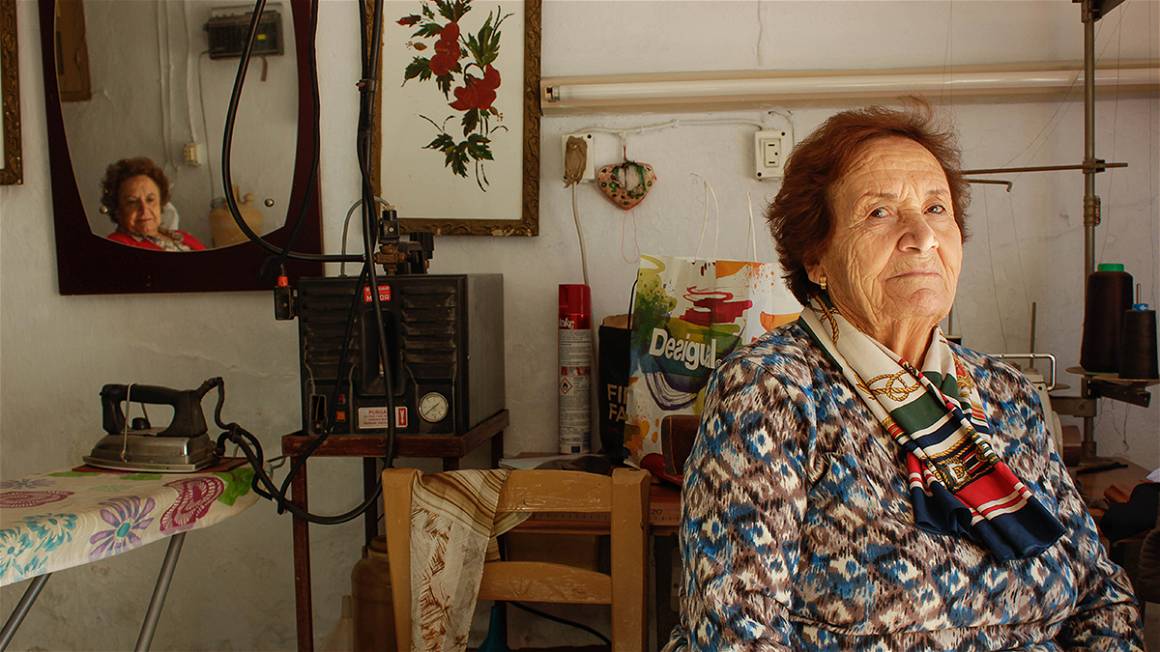
How important is empowerment for women in underrepresented communities? What are some of the challenges or achievements so far?
Women still experience disadvantage no matter whether they are from affluent communities or from marginalised and underrepresented ones. We are still far from an equal world. But underrepresented communities experience additional layers of disadvantage. Photography education is quite expensive today, as is equipment. But also the photo industry is highly unsustainable with low pay, no social protection (unless you are working for a large media corporation but there is only a handful of those jobs across the world) and volatile editors who exploit their power (photojournalism had its own #metoo moment a few years ago). So the work we do doesn’t provide a path to a stable job and income in photography, which is a shame, but this is the case for almost all photographers, and this is something we would like to address in our next festival.
However, some of our participants have received recognition in photo contests and festivals, and have had their work published both nationally and internationally. And our publications, which we strive to distribute to prominent photo institutions as well as local libraries, allow the stories created by our participants to become part of the visual history of our time.
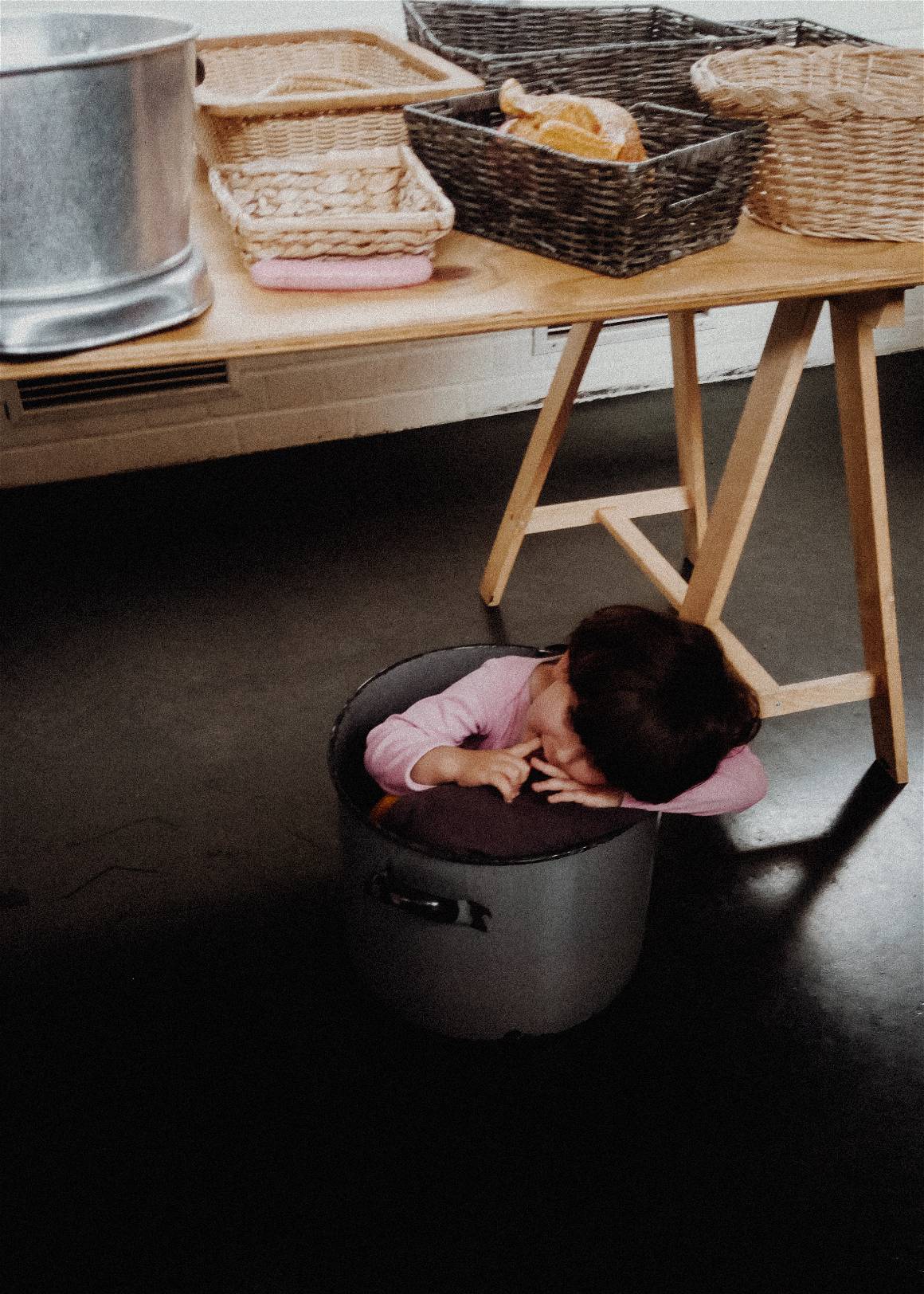
How do you use photography and stories to better the lives of the people you work with?
As I mentioned, we are a volunteer-run nonprofit association, so there is no business side to things. This was a purposeful decision because we don’t want to make decisions based on what’s economically beneficial for femLENS but rather what can have the most impact on the women that we work with. Providing free education, mentoring and ongoing support, exposure and access to a global community, we hope that we offer women ways to raise their self-confidence, become role models in their communities, and learn how to raise their voices.
This visual representation about communities which are often stereotyped allows people to grow in their understanding of certain topics. This is important for respect, understanding and better relations between communities.
On a more practical level, we help our workshop participants enter further education, photo contests, exhibitions and festivals which can have a financial reward.
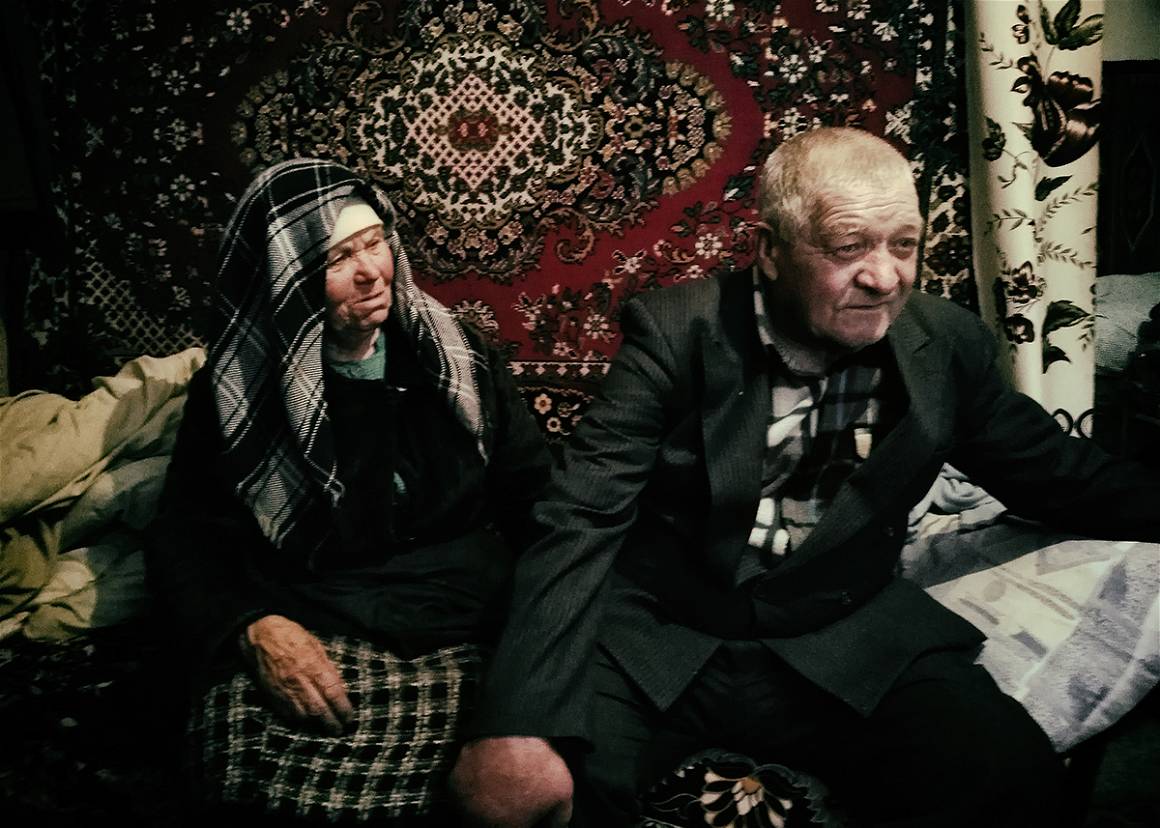
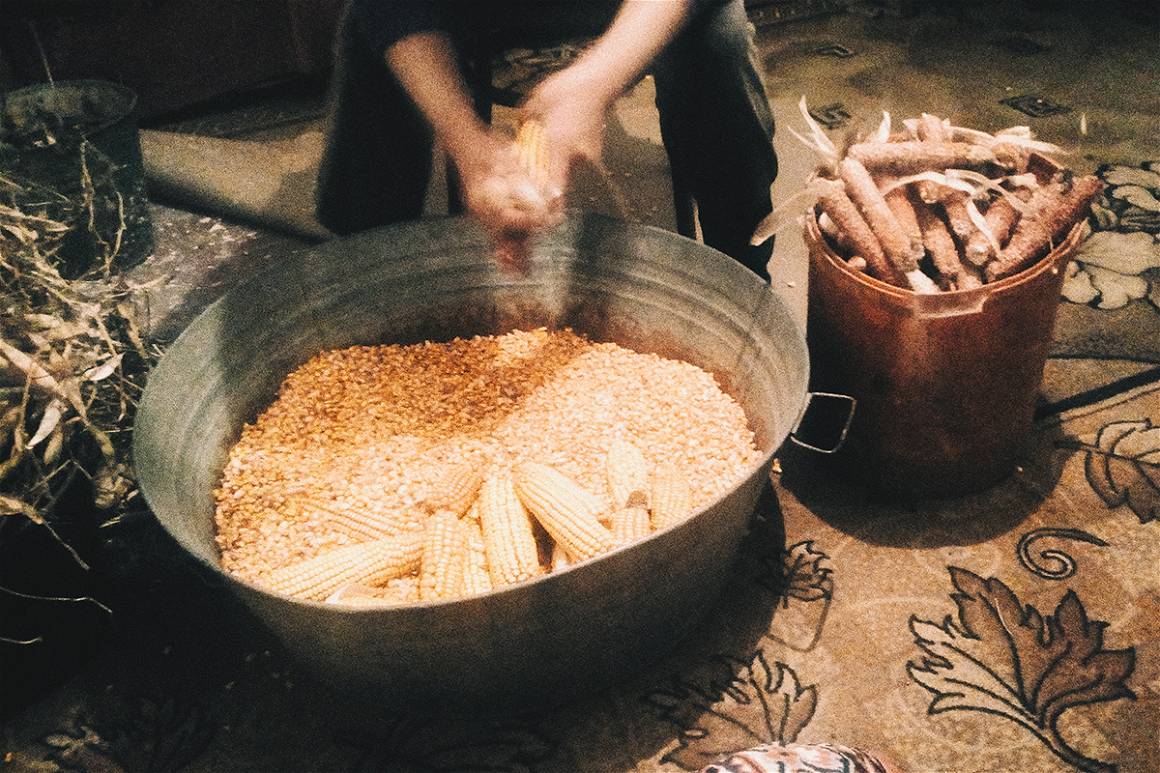
Working together with local communities and their organisations, what have you learnt about the poignance of storytelling?
I think local people have a much deeper sense of what is going on in their communities than foreign journalists ever can. Locals know the nuances, have their own regrets and joys. For example, in 2018 we worked with a group of women and girls in Ukraine, and one of the participants, Bella Antonyan-Shevchuk, created a touching story called “Hinterland” about migration. But it was from an angle I’ve never considered before or seen in the media, about how life is for those that remain in a place when almost everyone has left.
We have many stories like that. I’ve found that women in general don’t necessarily pursue stories that will be popular and profitable, even if they understand how the media industry and the news cycle works. Women tend to focus on the stories they want to do, and don’t compromise. I find this insight very important.
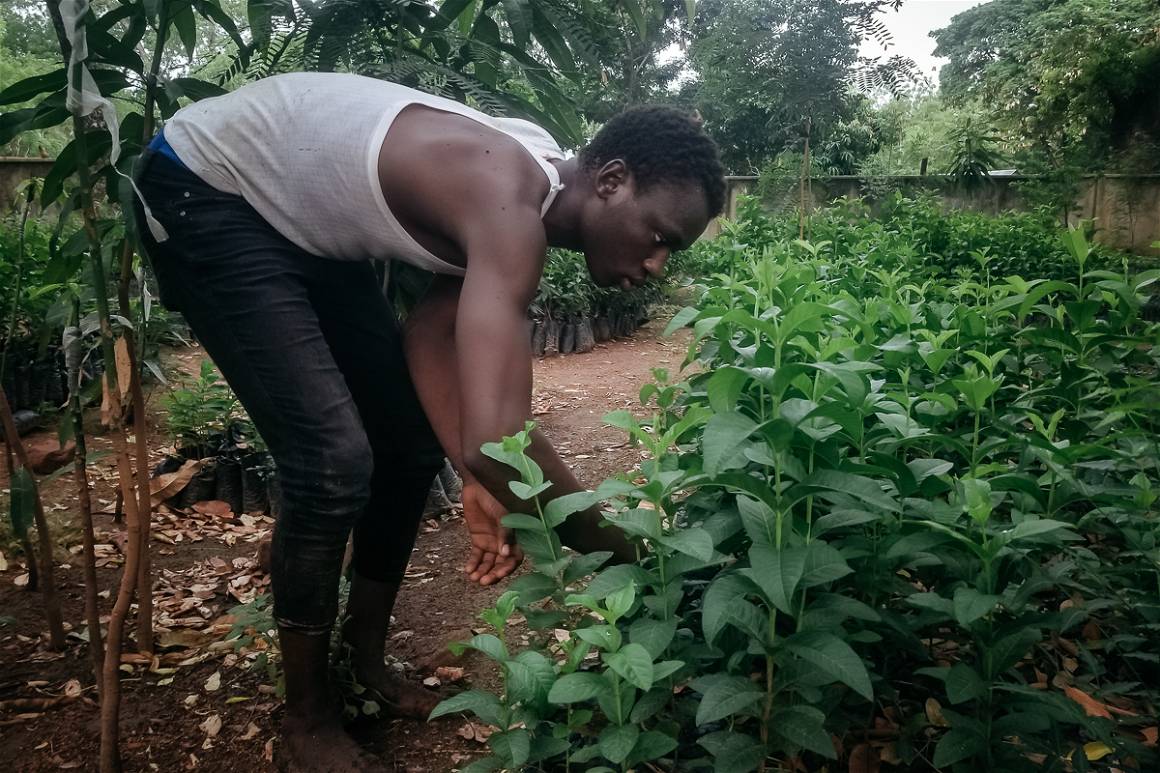
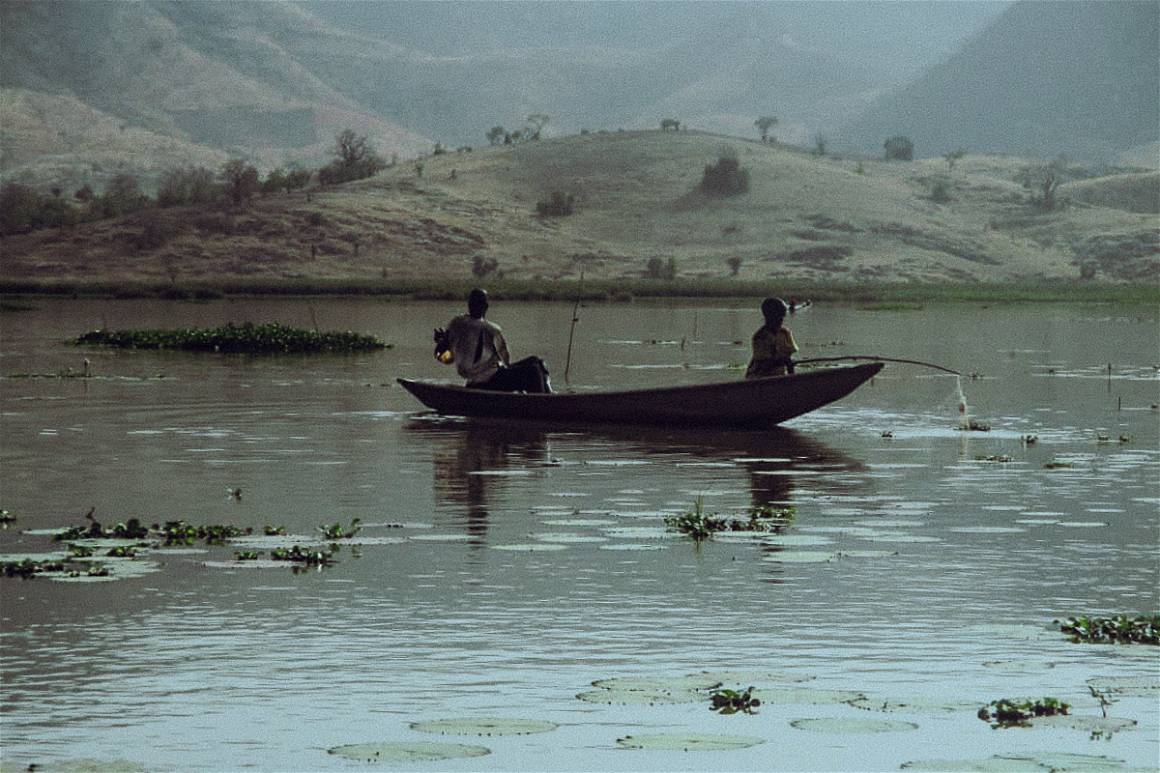
You occupy the space where photography and social responsibility merge. What are some stories that particularly resonate with you? Women or communities you have met or worked with that you remember prominently.
All the groups that we have worked with are extremely memorable because all of them have been so different. In 2017 we worked with a group of women with physical disabilities in Poland, followed by a photo exhibition, and they broke all preconceived ideas about who should be doing street photography, for example.
Later that same year we worked with a group of refugee women in Shatila refugee camp in Beirut, Lebanon. One of the participants, Halima Al Haj Ali, from Syria, later won the top prize in the Lebanon Changemaker photo contest with her photos made during the workshop.
During lockdown, we ran a series of workshops with women working in the media in Cameroon, but who are still only getting to meet photography. Their work focused heavily on environmental issues in their country showing us that we all share the same concerns today no matter where we come from.
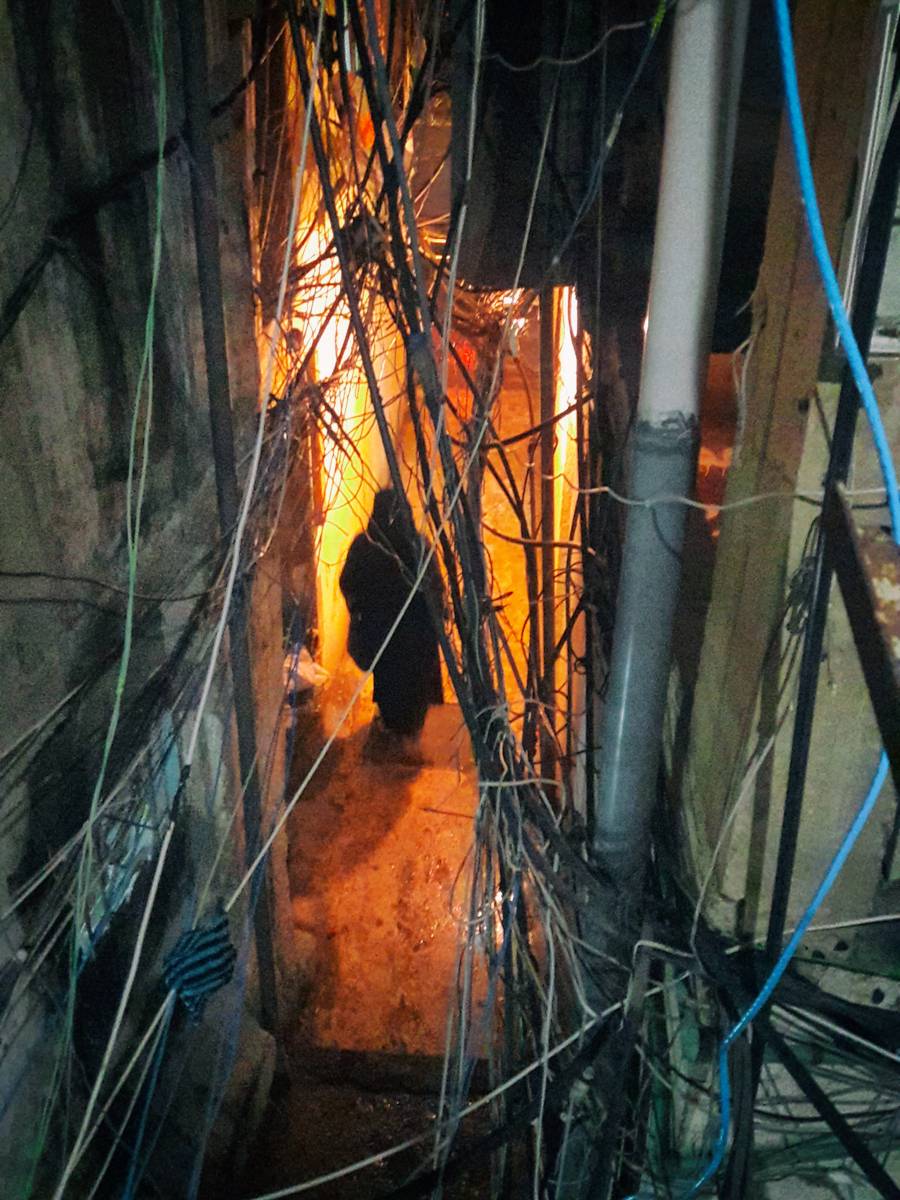
What would you hope is the one most significant take away from your work?
That we should seek out perspectives of people that we are not immediately aware of or who are not in our information field. And of course, that for a full record of history using documentary photography, we need a diversity of voices, not only those who have access to the equipment and education.
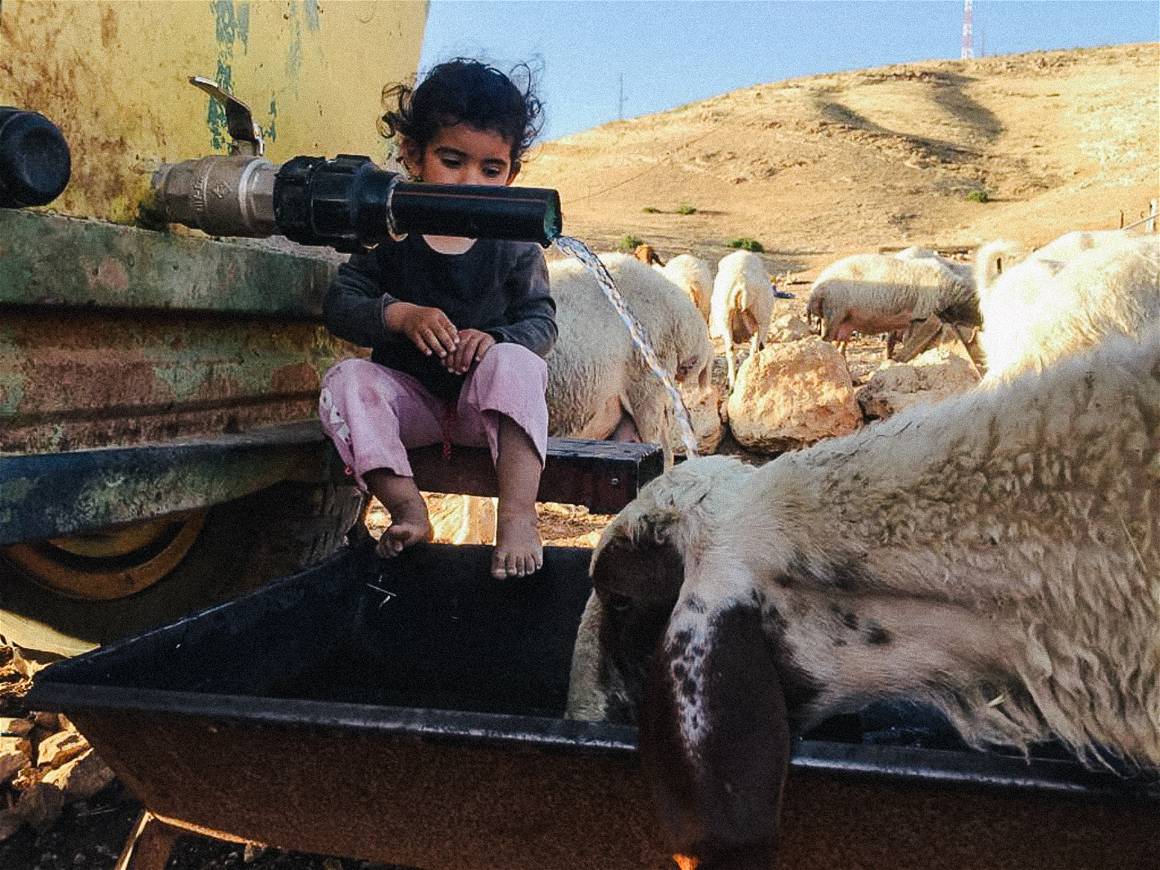
What does 2022 hold for femLENS?
We are in the process of developing a number of partnerships and projects for the coming year. Also, 2021 was so busy that we are still finishing a few projects we started last year, like the “Women at work” campaign which gathered photographs from photographers from around the world of women working to challenge visual stereotypes of women performing labour. These photos will soon be presented in a photo zine.
Also, we hope that with Covid-19 almost behind us, we can resume our attempts to get to Gaza to run our series of workshops with women living in Gaza, on which we have been planning for more than four years at this stage.


